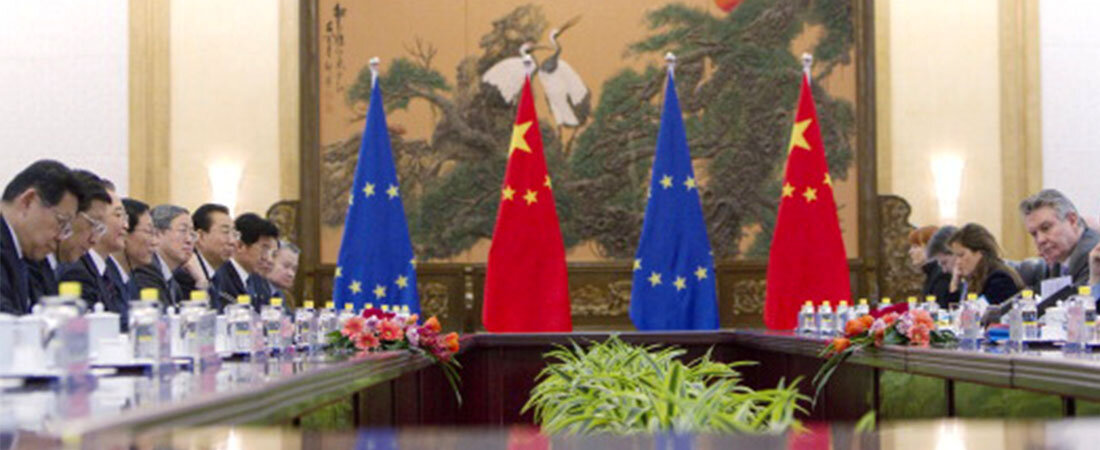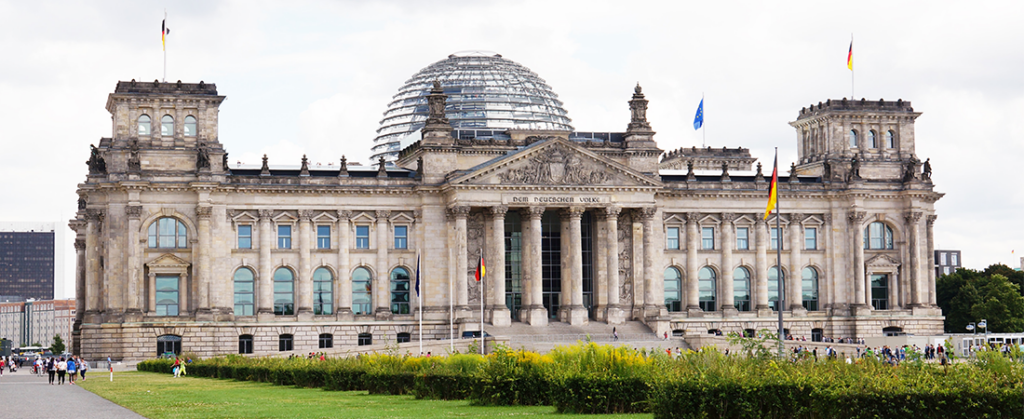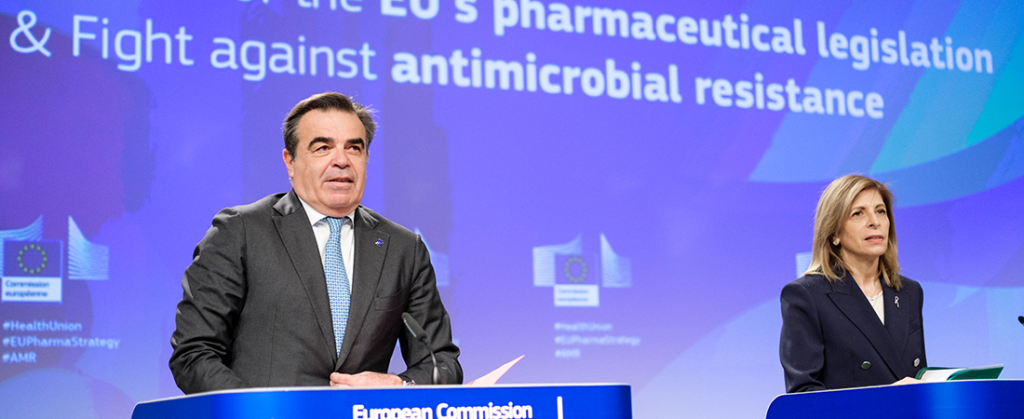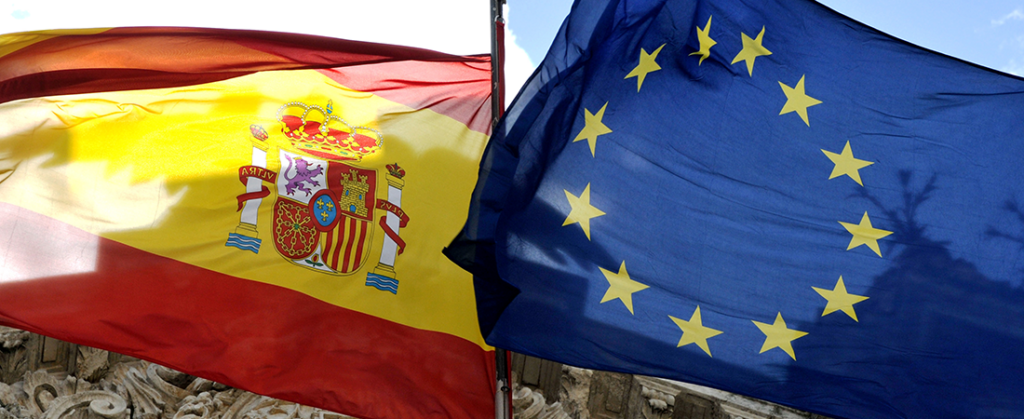Last week, on 7th December, the 24th EU-China Summit was held in Beijing, marking the first time the two powers have met face-to-face since the COVID-19 pandemic. This meeting took place at an important time in EU-China relations, and was attended by European Council President Charles Michel, European Commission President Ursula von der Leyen, and by Chinese President Xi Jinping and Premier Li Qiang, and saw several key topics discussed.
Firstly, the EU took this opportunity to push China to place pressure on Russia over Ukraine, and to stop attempts to circumvent the sanctions imposed by the West. Furthermore, on Taiwan, the EU noted its support for the One China policy, but it expressed concern over the increase in tensions between the two sides and opposed unilateral attempts to change the situation.
On human rights, the EU criticised the situation in Tibet, Xinjiang and Hong Kong. China’s actions in Xinjiang, targeting the Uyghur population, have very much been on the radar for Europe. The EU has called for enhanced transparency, granting access for independent observers, and adherence to basic human rights principles by Chinese authorities, as reflected in the European Council Conclusions of the 30th June 2023. Despite this assessment, the EU welcomed the resumption of the Human Rights Dialogue earlier this year and hopes another one would take place next year.
A further key point of the Summit was the economic relations between both sides. The EU criticised the “critically and structurally imbalanced” trade relationship with Beijing, with an estimated deficit of almost €400 billion, and reiterated its calls for de-risking, as opposed to decoupling. The EU also noted that it sought to establish “a more balanced economic relationship with a level playing field and reciprocity.” In this light, Brussels expressed its desire to see China improve its market access and investment environment for EU entities. On critical raw materials and other strategic goods for which the Union is highly dependent on China, Brussels reiterated its aim to improve resilience. Lastly, on the topic of climate change, the EU called on China to join the Global Renewables and Energy Efficiency Pledge, as well as the Global Methane Pledge.
No specific, concrete outcomes seem to have stemmed from this Summit, with Beijing, while stressing the need to maintain the momentum of the relationship, nonetheless dismissing Europe’s concerns surrounding its trade imbalance, and denying that there is an overcapacity in Chinese production of electric vehicles – another criticism stemming from Brussels.
The EU finds itself in an interesting, and oftentimes quite complicated position, vis-a-vis China, with the US on the one hand pushing for a more hawkish approach, and opinions divided at home. The EU’s approach to Taiwan is reflective of this predicament: while the EU adheres officially to the One China Policy, at Member State level some countries, such as Lithuania, maintain more robust economic and cultural ties with Taiwan, while others maintain closer relations with Beijing.
A major point of consideration is Europe’s move to reduce dependency on China for strategic technology and materials, including semiconductors and critical raw materials. The EU passed its Chips Act, which seeks to boost its native capacity in this strategic sector. In parallel, Member States have also been taking steps to reducing this dependence, at times egged on by the US, as seen by the Netherlands’ decision to impose export restriction on semiconductor equipment to China. On critical raw materials, just today the European Parliament passed the Critical Raw Materials Act, which also seeks to “de-risk” from China in this regard.
Then there is the underlying and (often not so) quiet geopolitical competition that is taking place between the EU and China on a global scale, as exemplified by China’s Belt and Road Initiative (BRI), and the EU’s Global Gateway. The two sides offer countries across the world competing visions and approaches to global infrastructure and connectivity investment. China’s BRI, launched in 2013, saw a successful start, even making inroads into Europe itself, still reeling from the financial crisis, with the adherence of Italy being seen as a key victory for Beijing.
The political winds, however, have shifted considerably since then, and right before the summit, Italy officially notified China of its intention to withdraw from the BRI. The critical stance of Giorgia Meloni’s government towards the Chinese infrastructure project is not new, and she has often argued that the BRI is a strategy by Beijing to buy influence in Western countries. From a pragmatic perspective, the benefits of joining the BRI in 2019 have been then very limited for Rome. In addition to the bilateral implications of this withdrawal, the Italian decision sets a precedent and could lead other countries to leave the so-called “New Silk Roads”, which many have argued has failed to live up to expectations.
While the EU-China Summit yielded no concrete results, aside from the continuation of open channels of communication (which, in today’s world, is always at the very least a positive sign), back in Brussels things remains tense: this week, the European Parliament is set to vote on a non-binding Report on EU-China relations, where MEPs, while recommending pragmatic engagement with China on global issues such as climate change, nonetheless reiterate the need to de-risk from Beijing.
What does this mean for the future? While China’s more positive tone (relatively speaking) towards the EU and the West as a whole, driven by its desire to continue being seen as a good place for investment despite its recent economic troubles, might be seen as a step in the right direction, it is likely that the tense competition between both sides will continue in the years to come, and possibly even be further amplified after the European Elections of next year. The EU remains wary of China’s economic and industrial policies, and adamant to fix its own dependence on the East Asian powerhouse. This is only aggravated by an increasingly fractured and hostile geopolitical environment, of which the Taiwan Straits and the South China Sea remain latent hotspots. The EU’s own internal divisions between Member States also complicates matters further. All of this being said, the continued open channels between Brussels and Beijing, and the stress on the need to work with China on global issues such as climate change provides a much-needed damp on the antagonism, and provides important avenues for possible cooperation, and an overall way forward.
You can reach out to us for more information: [email protected].





